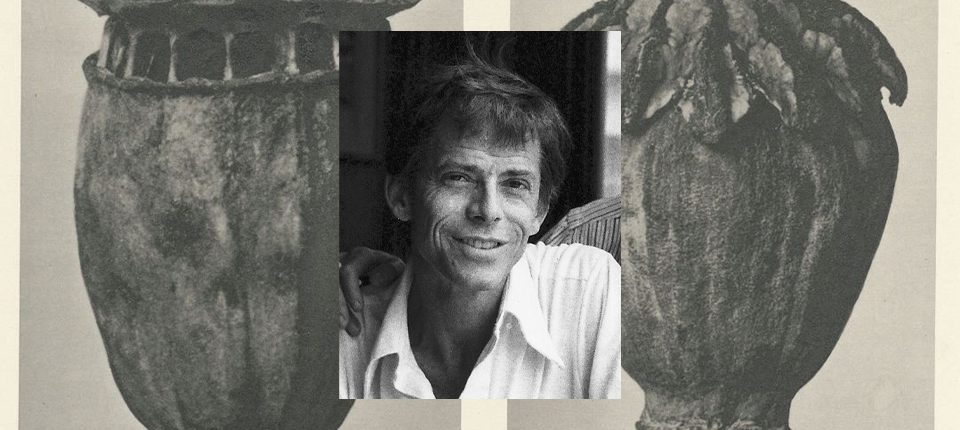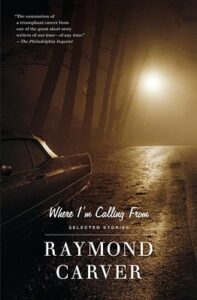Raymond Carver, one of the most beloved and influential short story writers in the history of American fiction, was born eighty-five years ago today.
Below is a New York Times review of Carver’s final story collection, Where I’m Calling From, written by future Pulitzer Prize (and Orange Prize, and NBCC Prize, and Library of Congress Prize…) winner Marilynne Robinson, and published just three months before Carver’s death on August 2, 1988.
*
“I loved you so much once. I did. More than anything in the whole wide world. Imagine that. What a laugh that is now.”
“I take this volume to invite a new look at Mr. Carver’s career, a conviction encouraged in me by the fact that I would like to offer one. To be blunt, I propose to abduct Raymond Carver from the camp of the minimalists … In fact, Mr. Carver stands squarely in the line of descent of American realism. His weaknesses are for sentimentality and sensationalism. His great gift is for writing stories that create meaning through their form … He should be famous for the conceptual beauty of his best stories, and disburdened of his worst, which could then pass into relative neglect … Mr. Carver uses his narrow world to generate suggestive configurations that could not occur in a wider one. His impulse to simplify is like an attempt to create a hush, not to hear less but to hear better. Nothing recurs so powerfully in these stories as the imagination of another life, always so like the narrator’s or the protagonist’s own that the imagination of it is an experience of the self, that fuddled wraith … Raymond Carver is not an easy writer to read. His narratives are often coarse. Sometimes he seems intent on proving that insensitive people have feelings, too … But there is lump as well as leaven in Mr. Carver, and the lumpishness is more irksome because it feels intentional. The characters sometimes seem set up, or condescended to. It is this condition from which they are rescued in the course of the story. Mr. Carver is rather like the poet William Carlos Williams, who declared there were ‘no ideas but in things,’ and who turned banality’s pockets out and found all their contents beautiful. The process of Mr. Carver’s fiction is to transform our perception. Perhaps what he does cannot be done in another way. And, viewed from sufficient distance, an interesting problem can take its place among the beautiful things.”



























































